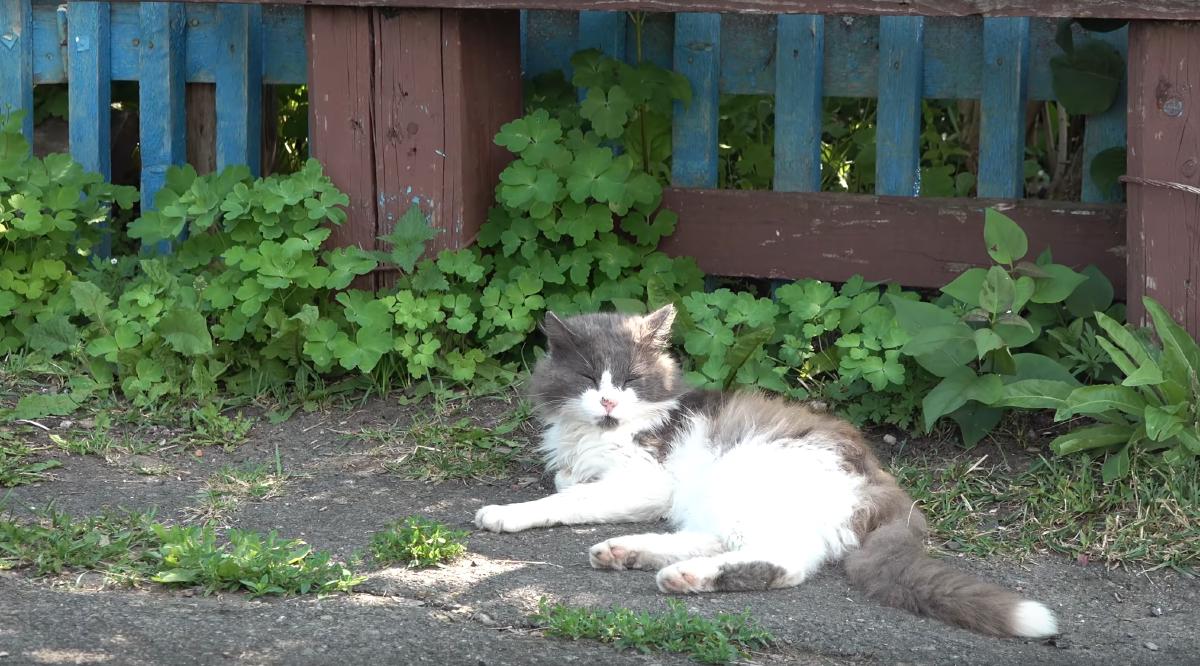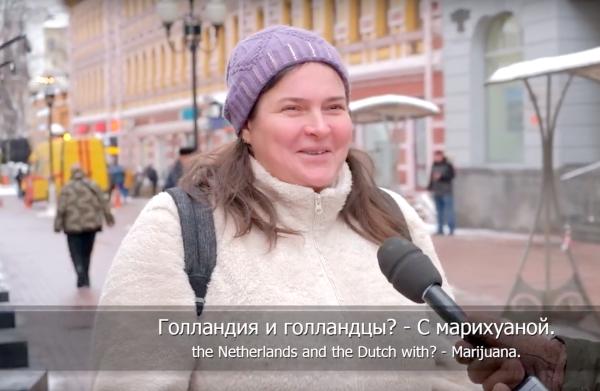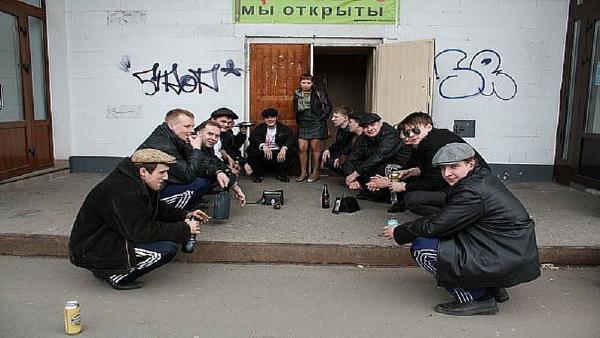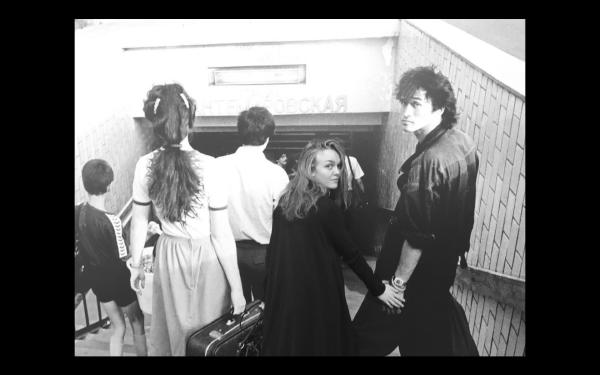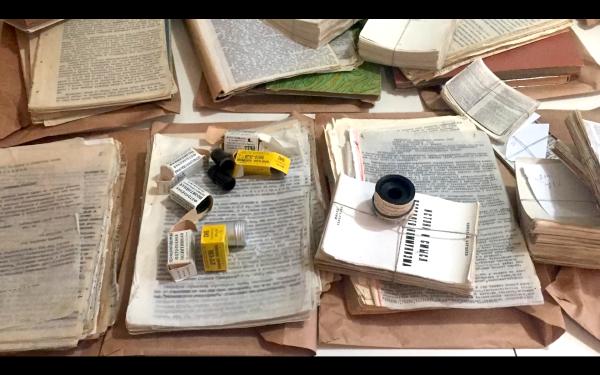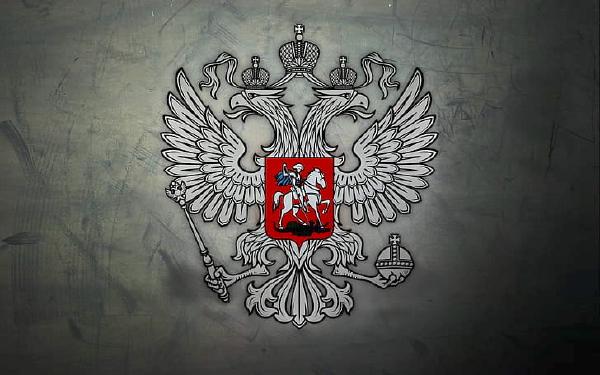Dead or Reviving: Russian Villages
It may not seem like an exciting topic, but three productions released recently (between April and July 2020) offer an insightful look at Russian villages that you should watch. Varlamov, RussianPlus, and Russian from Russia explore the заброшенные (abandoned), revived, and уснувшими (sleeping) villages, reflecting on the state of the Russian countryside.
Presented in order of release.
Lost
A somber depiction of the потерянное богатство страны, the lost wealth of the nation. ‘How Russia is dying.’ Subtitles available in settings.
Как погибает Россия. Разруха, воровство и смерть в русской деревне
(Varlamov, 16-04-2020, 48 m)
Reviving
A visit to Guzel Sanzhapova in Maly Turysh (Ural region), the Russian village where bees and babushkas reign supreme. A story of how one person can spark and sustain change.
For more on Guzel Sanzhapova’s project, see Run-down Village Revived by Crowdfunded Honey Business (The Moscow Times, 2019), Russia: Rescuing a village (DW, 2019), Honey to save a Russian village (Atlas of the Future), and the Cocco Bello website.
From RussianPlus, you can also watch Challenges of Countryside & Boris Yeltsin’s Hometown (2020, 18 m) and A Day in the Russian Countryside – Let’s See What it’s Like (2019, 17 m).
How to Revive a Russian village – A day in the Russian Countryside
(RussianPlus, 13-07-2020, 31 m)
Alisa Gorshenina
Artist Alisa Gorshenina (Alice Hualice) found another way to stir up action in the Ural region. See Delve into the outlandish universe of Alisa Gorshenina, redefining rural identity in the Russian Urals (Maria Muzdybaeva, The Calvert Journal 2020), Russia’s dying villages inspire a rising star of the art world (Albina Kovalyova, NBC News 2019), Alice Hualice, the Russian Artist Making Surreal Objects From a Remote Town (Anastasiia Fedorova, Another Mag 2020), and Art in Nizhny Tagil: how a generation of young artists is transforming Russia’s decaying heartland (Alexander Kozlov, The Calvert Journal 2017).
Abandoned
A summary, informative and complete with a language lesson. About villages в которых раньше жили люди (where people used to live), а теперь никого нет (and now no one is there) – except maybe in the summer months, visited by дачники (dacha dwellers). +1 for the simple yet poignant title, although it easily evokes melancholy. ‘Here was a village.’
Intermediate Russian Listening: Здесь была деревня
(Russian from Russia, 26-07-2020, 9 m)
More
- Заброшенные Деревни: кладбище автомобилей стоит в глуши 30 лет (Русские тайны, 2019, 15 m)
- Abandoned Russian village where my father was born (Ecoclimax, 2019, 44 m)
- Real Russian Countryside: Why young people don’t want to live in the village (Different Russia, 2018, 10 m)
- Villagers face harsh existence in rural Russia (CNN, 2017, 3 m)
- A Look At One Of Russia’s Thousands Of ‘Ghost Villages’ (NBC Nightly News, 2017, 2 m)
- “Уходящая натура” Была здесь когда-то деревня (ТВ2, 2017, 25 m)
- Vanishing Russian villages (Elena Villarreal, 2014, 8 m)
Reading: Russia’s Villages, and Their Way of Life, Are ‘Melting Away’ (Neil MacFarquhar, The New York Times 2017)
More


